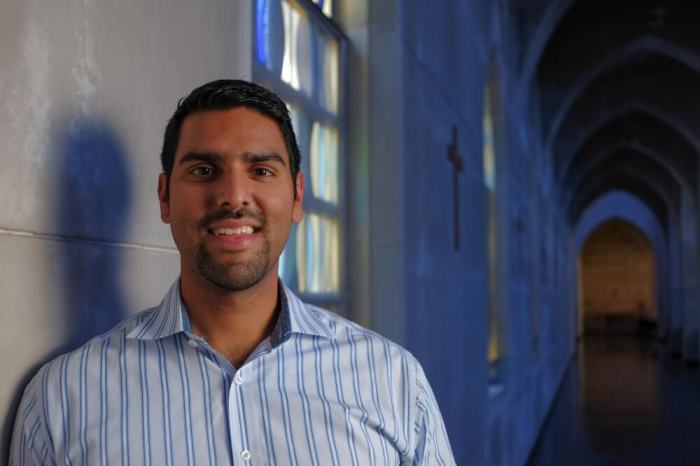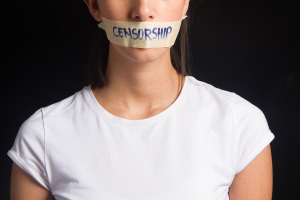You Can Love Muslims Even If They Are Trying to Kill You, Nabeel Qureshi Tells Christians

"I think the idea of a moderate Muslim is becoming less and less a reality because as moderate Muslims become exposed to the texts of the Quran of Elijah Muhammad, they are being exposed to that more and more because of the Internet. As they are being exposed to that they are ending up being forced down one of three paths like I said in the book. Apathy, apostasy or radicalization."
"When you are a moderate Muslim, you just think, 'OK, Islam is peaceful and I practice my religion and that's that. But that's only because you haven't actually read the texts of the Quran and the Hadith. You haven't actually seen what Muhammad has said. Now you might be following the tradition in your mosque or you might be following your elders who taught you, but you haven't read the texts. And that's my point," Qureshi emphasizes.
"It's the increased accessibility to texts that is moving people away from the moderate Muslim position into apostasy, apathy and radicalization. In my case it was apostasy because there was no way I could follow Muhammad and all that violence, but I still believed God existed."
Due to his strong faith in God, Qureshi was able to make the leap into Christianity because it "made sense" to him.
"But for those who don't necessarily have such a strong tie to God, they see the violence in Islam and they become nominal, apathetic. Or those who do have a strong connection to God and they see the radicalization, they become radical likewise," he explains. "And that's why I think nominal Islam is going to increase from here on out and each of those three paths you're going to see an increase of apostasy, apathy and radicalization."
Qureshi also believes that a clearer distinction needs to be made between Islam and Muslims to facilitate understanding.
"I think the best thing that we can do at this point in time is to distinguish between Muslims and Islam. We haven't made that distinction in public media yet. And that's why you cannot criticize Islam because people see that as criticism of Muslims. The conversation gets shut down because of the accusations of Islamophobia," he notes.
To illustrate that point, Qureshi pointed to a recent incident at the University of Toronto in Canada where one of his scheduled speaking engagements was cancelled over concerns of Islamophobia.
"I was supposed to have a talk at the university on teaching people how to love their neighbor while understanding Islam as a foundation. They shut down the event two days out. They said 'no this is Islamophobic. You're gonna create anger and hatred …"
"So we can't even address the issue because it is so politically charged right now. And the reason why it's so charged is that people are conflating Islam with Muslim. I wasn't gonna say anything negative about Muslims at all. That would be hateful. I was gonna say something about this system to which they adhere. It is not hateful. It's scholarly and critical but since we conflate it these conversations get shut down," Qureshi explained.
"That's step number one for the politicians — is to start thinking and using terminology more clearly so we can start discussing these issues. We can't even get off the ground discussing these issues for that reason," he adds.
Christians too, he argues, need to show more love.
"My suggestion to Christians is you can go a step further than that. Even if you have people who are trying to kill you, you can love them, you can self-sacrificially embrace them. The reason why that is a response is because it will proactively deter radicalization."
"If you look at this guy (Syed Rizwan Farook) in San Bernardino … he had no friends at his work place. That's why he shot everyone," Qureshi asserts.
"I'm thinking if there were a Christian there. Even though he was a radical Muslim, had proclivities to kill people, if you had still as a Christian say that 'I'm going to self-sacrificially love this guy even if it kills me.' I think there is a good chance he might have changed his mind."
"So Christians have the ability to go that extra step further at the risk of their own lives to preclude radicalization on the front end. And that's the main issue here isn't it? Because we are acting so reactively. Waiting for things to go wrong and then we are saying how do we fix it? I think the Christian message is the only one out of these options to proactively stop it from happening. But again, we can't talk about these things because the conversations shut down. You cannot supplant radical ideology with a secular vacuum."




























